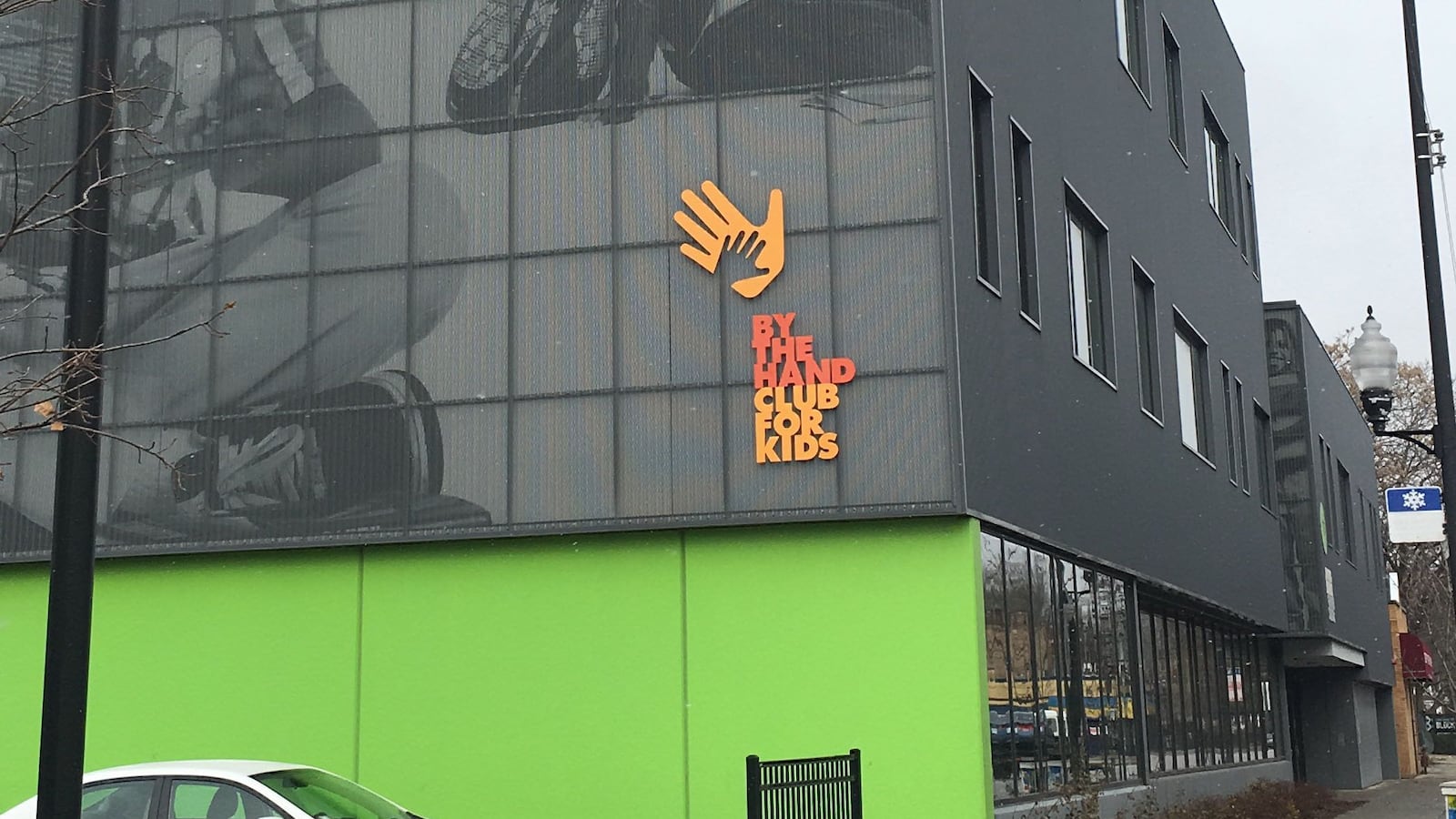2018 ended on a sour note for some Chicago charter schools. The Chicago school board denied all three new charter applications for the next school year, and announced plans to shutter two currently operating charter schools. In addition, the new governor ran on a platform critical of charter schools.
Conditions may not improve this year for the independently operated public schools, but there’s a glimmer of hope — the state charter commission, which has the power to green-light charters rejected by local school districts.
To catch up on the issue, here’s what you should know about why some charter schools rejected by Chicago could have a second chance:
What is the state charter commission and who could it help?
The schools can appeal to the charter commission, which could give them both a license and funding.
The commission was established in 2011 through tweaks to the state charter act and the education administrative code.
Since then, charter school operators have regarded the state charter commission as a recourse to rejection by hostile local school boards.
Nine governor-appointed commissioners sit on the board. Staff members who oversee operations have backgrounds ranging from former charter school leaders to other educators to real estate agents. The commission is divided into subcommittees, each meeting several times a year.
Who’s looking for an appeal?
Last fall, Chicago rejected requests for three charter schools: Intrinsic Charter School, Moving Everest 2 and Kemet Leadership Academy Charter. The school board also voted to close two schools: Kwame Nkrumah Charter School in West Roseland and Urban Prep West in University Village, both for poor academic and financial performance.
Since then, four charter schools have filed appeals with the commission: Intrinsic, Moving Everest 2, Kwame Nkrumah and Urban Prep West.
You can see the application form to renew a school’s charter here.
What is the process?
The commission has 75 days from a school’s appeal to vote on whether to grant or deny an appeal.
Here are the steps of the evaluation process:
- An interview with the applicant and the district
- In some cases, a commission site visit to a school.
- A public hearing for community input
- A public meeting where the commission will vote on the appeal
If a charter is approved, it must submit a five-year financial schedule and special education plan in order to be certified by the Illinois State Board of Education. Then it can sign a five-year charter agreement with the commission.
But, according to reporting by Sarah Karp at WBEZ, charters approved by the state commission won’t be able to use public school buildings or be accessible for families through the district’s central application process.
And what are their chances?
As of now, the commission has approved and oversees nine schools around the state.
The commission’s two permanent committees will meet Feb. 26 and the commission itself will meet March 19 at 160 N. LaSalle St., Chicago.
What do the tea leaves say for the charter commission itself?
The future of the commission is uncertain. Legislators tried to curb its authority in 2018 but were stymied by then-Gov. Bruce Rauner. Pritzker hasn’t spoken publicly about any plans for the charter commission. But the chair of the Illinois Senate education committee told Chalkbeat that she disagreed with the commission’s ability to override local decisions.

